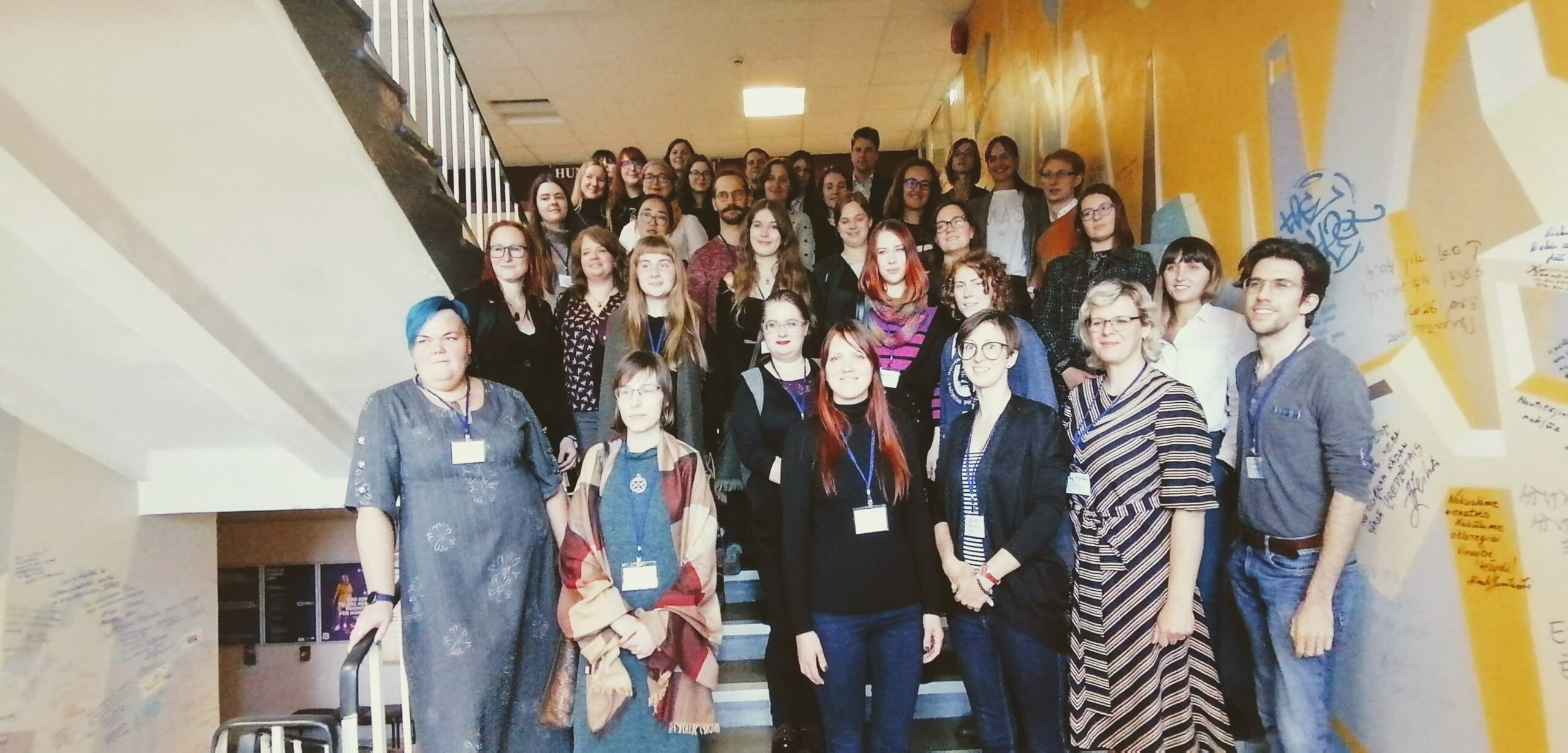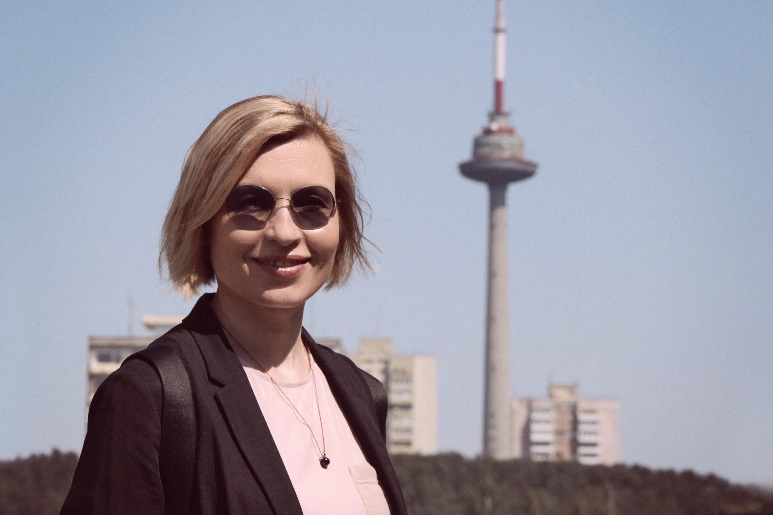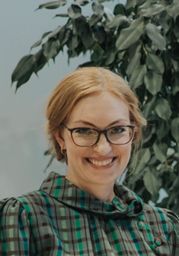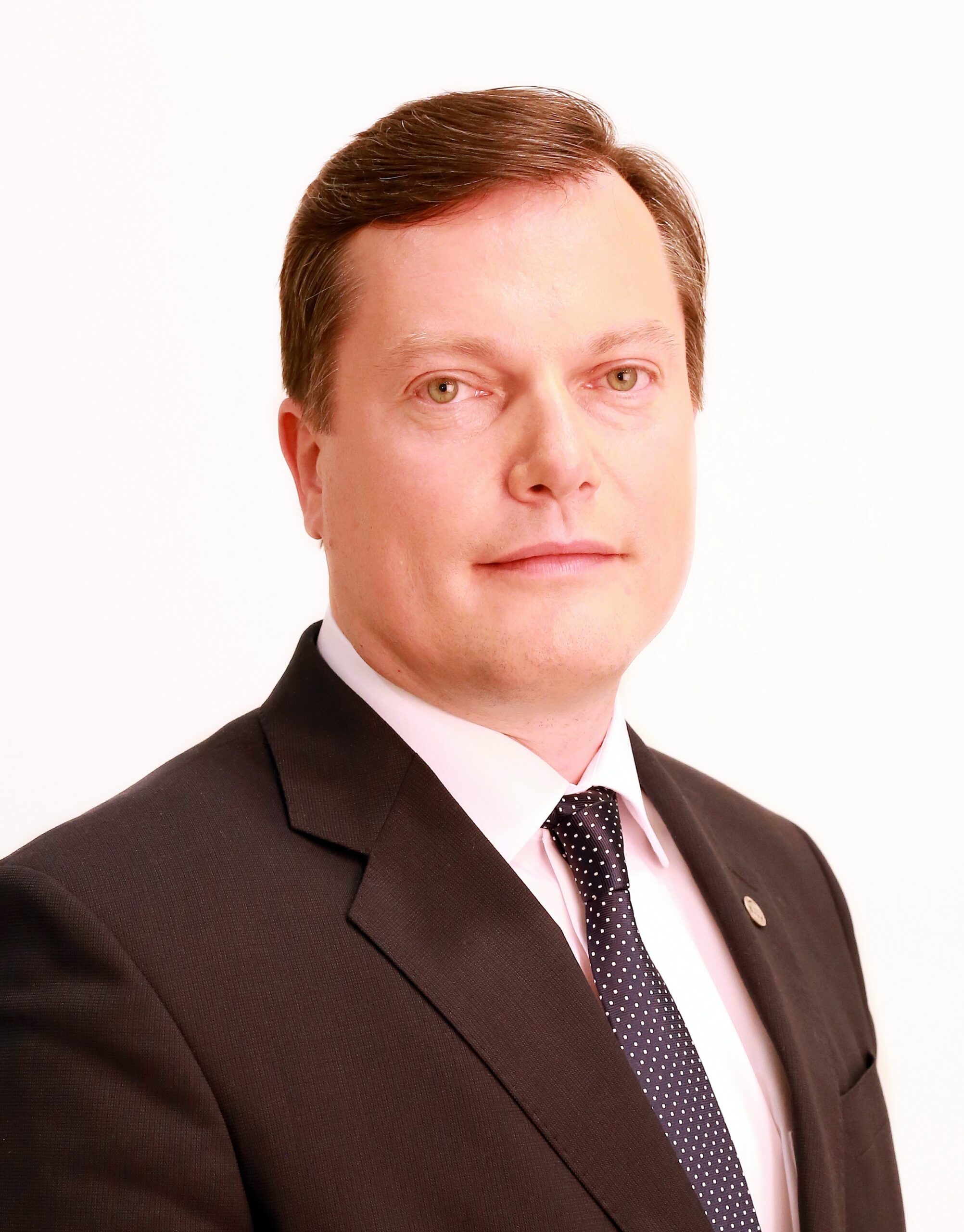BALTIC STUDENT CONFERENCE BRIDGES IN THE BALTICS
Rīga 2019
 The 7th Baltic Student Conference “Bridges in the Baltics” was held on October 11-12, 2019, in Rīga, Latvia and was organized by University of Latvia.
The 7th Baltic Student Conference “Bridges in the Baltics” was held on October 11-12, 2019, in Rīga, Latvia and was organized by University of Latvia.
The student conference hosted approximately 50 students from 9 countries. In addition to student presentations, three plenary lectures were held.
- PROGRAMME (updated on October 2, 2019)
- ABSTRACTS OF PARALLEL SESSIONS (updated on October 7, 2019)
- PARALLEL SESSIONS (updated on October 2, 2019)
- PHOTOS
• Conference Venue. The conference takes place at the Faculty of Humanities of the University of Latvia (4a Visvalza Str., Riga).
• To get to the city centre from the airport take bus 22 and get off at Autoosta (Bus station). The bus timetable is here. If you want to take a taxi from the airport, please make sure that you know the price before you get into the car.
• Public transport tickets cost EUR 1,15 a ride when bought from ticket vending machines or “Narvesen” kiosks and EUR 2 when bought from the driver.
• The website of Riga public transport company is here.
• Getting to the conference venue. The distance between the Faculty of Humanities and the Train Station is about 15 minutes’ walk. The map is here.
• Information about Riga can be found here
• Lunch breaks. There are many nice places in the city centre. At the Faculty of Humanities, meals are available at “Daily” from Monday to Friday 11:00 – 16:00. You can find buffets, restaurants and cafes at the shopping centre “Origo” (Train Station) among which “Lido” (Latvian), “Gan Bei” (Asian), “Lage” (cakes), “Double Coffee” and “Cili Pica” are the most popular ones. Opening times vary, some places open at 7 am. Meals are available at the department store “Stockmann” as well (8, 13 Janvara Str.), with “Cili Pica” and “Costa Coffee” on the 1st floor and “Chat” on the 4th floor. The Old Town offers a wide variety of places for all tastes.
• Shopping. Shopping centres are open from 10:00 – 22:00, individual shops usually work 10:00 – 20:00. The supermarket “Rimi” at “Origo”/Train Station is open 7:00 – 24:00.
• Pharmacies. Around the university, the closest pharmacies are in the shopping centre “Origo”, in the Old Town at 16 Audeju Str. near the shopping centre “Galerija Centrs” and a 24/7 pharmacy at 3 Marijas Str.
• Internet connection. Free Wi-Fi will be available during the conference. You will receive the password upon registration. Most of the cafes and hotels provide free Wi-Fi too.
• When withdrawing cash, the ATM will give you the cash first and then you need to press a button to get your card back.
• The emergency number in Latvia is 112.
phone (+371) 67034892, mob. phone (+ 371) 20279199
Pre-Studies Training Centre of the University of Latvia
Aspazijas blvd 5, room 242,
Riga, LV-1050
Latvia
Email: bridgesinriga@gmail.com
– > PLENARY SPEAKERS

Conference abstract: Symbolic Geographies. Nordic Inspirations. Baltic Identities
“In Finland we really felt architecture”, Lithuanian architect Vytautas Čekanauskas used to say remembering his study trips to Finland in the 1960s. Indeed, the Nordic concept of regionalism became very important in the formation of the Baltic post-war modernism (1959–1969), because it was seen as an acceptable model for the Baltic architects who wished to belong to the international community of modern architecture, yet retaining a national idiom and being distinctive within the USSR. In this context, the architecture of the Soviet Baltic republics (Estonia, Latvia and Lithuania) has been seen as exceptional, appropriating western cultural models much quicker and with greater passion, and was thus labelled as ‘our little West’ or ‘an inner abroad’. The formation of built environment in Lithuania in the 1960s will be discussed in this context.

Dagnija Baltiņa is an internationally known expert in UNESCO standard-setting instruments and cultural heritage policies, especially the framework of UNESCO World Heritage and documentary heritage. She regullarly participates and joins international conferences as well as expert working groups. Currently she is developing her PhD in History at the University of Latvia.
Conference abstract: “Enchanted World of Libraries and Their Magic of Today”
Current technological developments and changes we are all living through are also challenging and exciting times for libraries. And while seemingly the world wide web has no borders and possibilities are limitless, more and more we see that libraries are looked at so to support the navigation through a rapidly evolving world and to balance out endless accessibility and oblivion. In my talk I will be addressing the role of libraries, and the concept of national libraries in particular, in the contemporary world.

Conference abstract: “Estonian and Latvian Wars of Independence: Overlaps and Differences. One Hundred Years of Estonian-Latvian Political and Military Cooperation”.
In this year Estonia, Latvia and Lithuania are commemorating the centenaries of the most important battles in our Wars of Indepenence, which culminated in peace treaties with Soviet Russia in 1920. This presentation focuses primarily on the comparative study of the Estonian and Latvian Wars of Liberation: what were the similarities and differences in the political and military situation that had emerged by the beginning of the armed conflict? What were the common interests of the new nations and how did they assist each other, and what was the role of the Allies in the victorious conclusion of the war.


